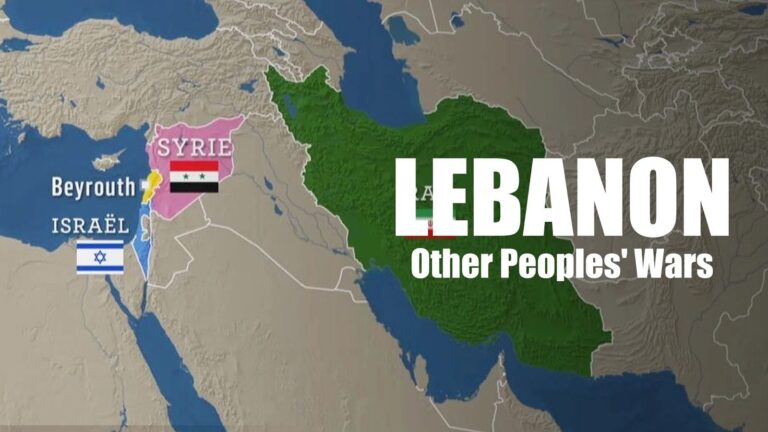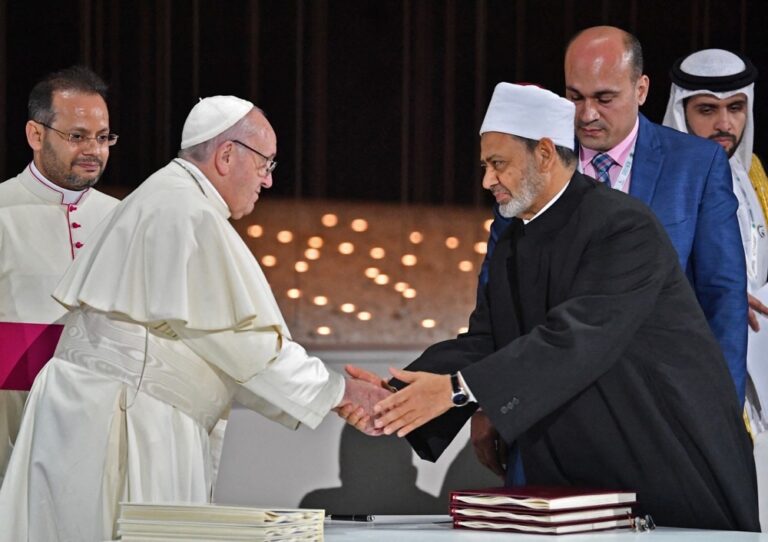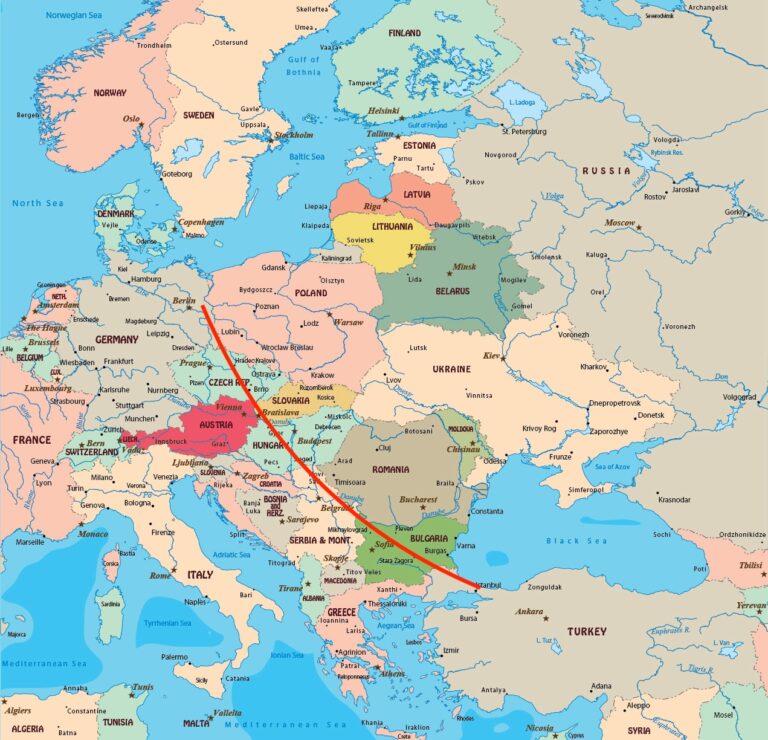By Andrea Tucci,
Unfortunately 50 years on, the war in Lebanon is still on. The war is the Israeli planes and drones that constantly fly over their skies, the missiles fired from south Lebanon into Israel, the fighting between Lebanese clans and the new Syrian authorities on the border between the two countries, the weapons in every community, every clan, every neighborhood, every family. The feeling that they are not at peace and that the tipping negative point can occur at any moment.
The war in Lebanon had several dimensions, and for good merits dealing with each of them in depth. The most obvious, and paradoxically the simplest, is geopolitical. Their war was the war of others: Syrian, Israeli, Palestinian or American. Lebanon will never know peace as long as it is the scene of regional conflicts, as it was only a few months ago between Israel and Iran and there can be no peace as long as a party, created, armed, and supported by a foreign power, challenges the State’s exclusive right to the legitimate use of force.
Certainly we need to think of Lebanon in its regional context. This in no way means, that the inevitability of history and geography condemns this country to be a sounding board for regional conflicts, but neither does it mean that Lebanon can suddenly become an island and that what happens in Gaza, the West Bank, Syria or the Gulf does not concern them closely. There’s a balance to be struck. There’s one state of affairs we have no right to ignore: Lebanon live under a form of Israeli-American tutelage. As long as this is the case, Lebanese will not only be sovereign, but above all, they will not be able to envisage building a lasting peace and not only with Israel, but also with themselves.
There is also a dimension politico-socio-confessional. The war also took place because of a whole host of internal factors.In this case the Hezbollah disarmament must be the starting point for discussion, but it cannot also be the end point. Building peace will, in any case, require a thorough overhaul of their political, social and denominational model. Can Christians continue to be over-represented in institutions in relation to their demographic weight? Should Palestinians, who have lived in Lebanon for decades, forever be treated as sub-citizens? Should the glaring inequalities between Lebanese and between territories be partly corrected by the State? All these questions, and many more need to be answered. Peace requires the formulation of a new social contract between the Lebanese on the one hand and between the Lebanese and the State on the other. They need to invent a new model of citizenship, one that goes beyond community allegiances, to enable their delicate and natural relationship with otherness.
Another dimension, the most subtle is that they don’t live together, they are this whole. Pope Francis consistently championed Lebanon as an example of religious a land where diverse communities live together in a spirit of fraternity. Plurality It is a dominant component of their DNA, alongside their aspiration of freedom but geopolitics and politics instrumentalize it. Certainly Lebanon has to be a State before a Land where diverse communities live together.



